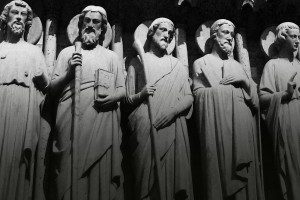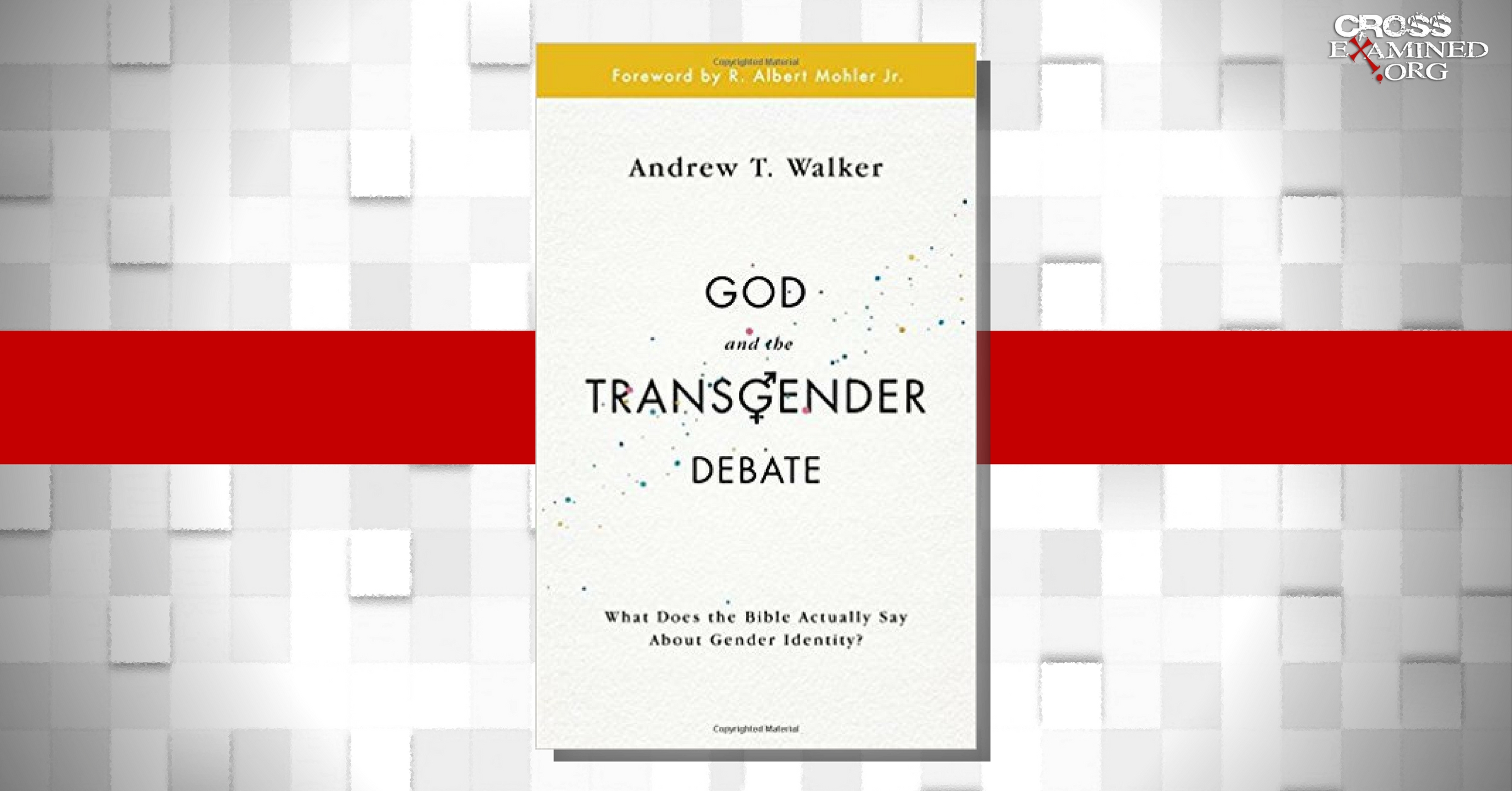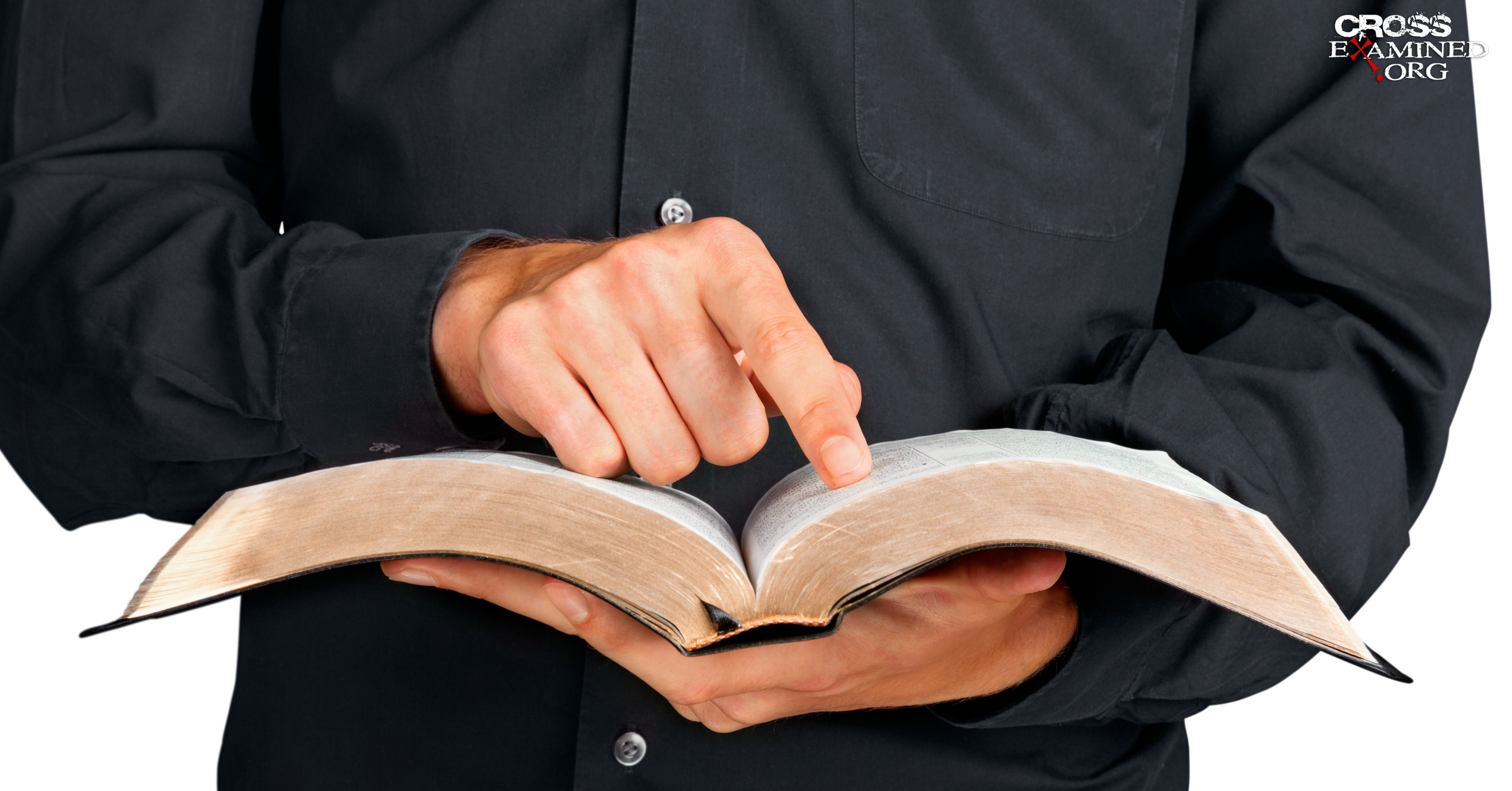Wouldn’t a Loving God Make Sure Everyone Gets to Heaven?
The concept of Hell is daunting for many Christians. It’s not pleasant to think our unbelieving loved ones might spend eternity separated from God, regretting their decision forever. Several religious traditions seek to avoid the problem by offering a second chance to those who reject God’s gift of forgiveness. They envision a place where rebellious souls can, in the next life, reconsider their choice or earn their way toward heaven; the Catholic tradition offers “Purgatory” and Mormonism describes a “Spirit Prison”. Both seek to offer solutions to commonly asked questions: Wouldn’t a Loving God love all of His creation? Wouldn’t He make sure everyone goes to Heaven (regardless of what they might believe in this life)? A loving God would never limit Heaven to a select few and allow billions of people to suffer in Hell, would He?
Let’s consider, however, the nature of Heaven and the truth about humans. Heaven is the realm of God, and those who ultimately enter into Heaven will be united with God forever. While that sounds fantastic for some of us, it sounds ridiculous, boring or offensive to many who reject the existence of God (and resist God’s guidelines and obligations). If everyone will eventually end up in Heaven, it is inevitable and compulsory. This type of eternal destination seems contrary to the nature of God and the nature of human “free will”:
A Compulsory Heaven Would Eradicate “Free Will”
People who deny the existence of God relish the fact they have the freedom and ability to do so. Some of these same people, however, argue a loving God would make certain everyone goes to Heaven after they die. But this kind of “universalism” actually denies human “free will” altogether. If Heaven is the only destination awaiting us (based on the assumption all who die eventually end up there), it is truly compulsory. In this view of the afterlife, we have no choice about where we end up; everyone is united with God, like it or not. A compulsory Heaven rejects the importance of human liberty, the very thing those who deny God cherish the most. By offering (but not forcing) Heaven to those who freely choose to love the One who reigns there, God is actually honoring and respecting our “free will” universally. He is, in fact, treating us with the utmost respect and dignity; something we would expect if He is all-loving in the first place.
A Compulsory Heaven Would Embrace the “Unsuited”
In addition to this, a Heaven including anyone and everyone is counter intuitive and un-reasonable. Just think about it for a minute. Most of us would agree: A Holy place of eternal reward is simply not suited for people with a certain kind of character or certain kinds of desires. All of us can think of someone from history who (by our estimate) is unqualified for eternal reward. We may not all agree on who should or shouldn’t be included in such a place, but most of us would hesitate when considering people like Hitler (or perhaps lifelong unrepentant pedophiles with murderous desires) for eternal reward in Heaven. If there is a Heaven, it is surely unsuited for certain kinds of people, and even the most skeptical among us can find someone he or she would place in this category. A compulsory Heaven, including the most vile and dangerous people from history, is not likely what skeptics have in mind when they argue for an all-inclusive final destination.
A loving God would make Heaven possible for all of us while respecting the free will desires of some of us. A loving God would reward those of us who have decided to choose Him while dealing justly with those of us who have decided to choose against Him. For this reason, Heaven simply cannot be the destination of every human who has ever lived. Heaven is not compulsory, but is instead the destiny of those who love the God who reigns there and have accepted His invitation.
J. Warner Wallace is a Cold-Case Detective, Christian Case Maker, Senior Fellow at the Colson Center for Christian Worldview, and the author of Cold-Case Christianity, Cold-Case Christianity for Kids, God’s Crime Scene, God’s Crime Scene for Kids, and Forensic Faith.




Leave a Reply
Want to join the discussion?Feel free to contribute!